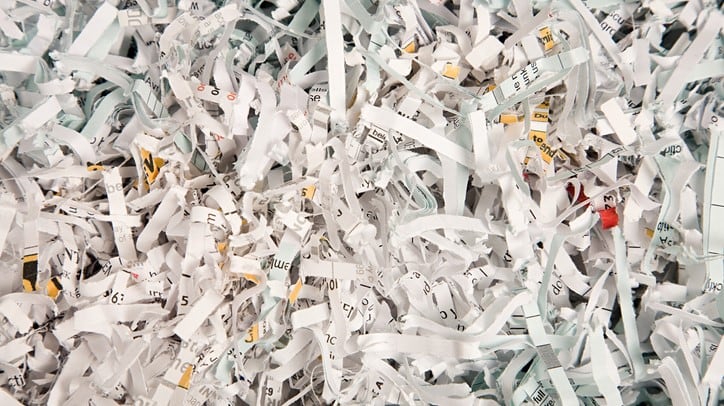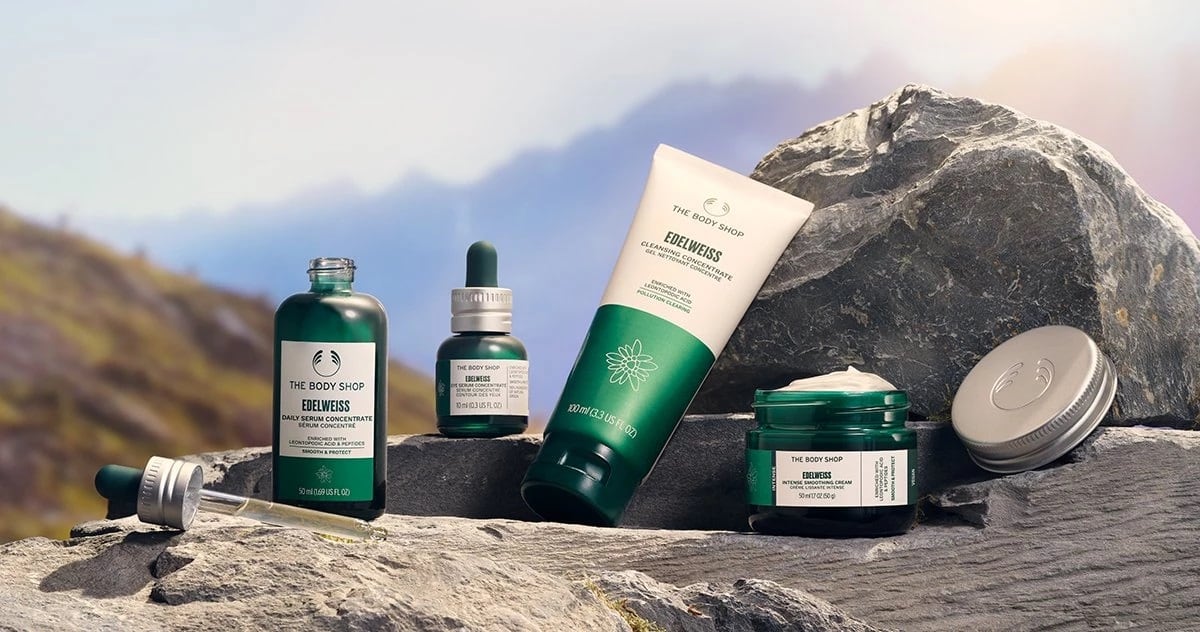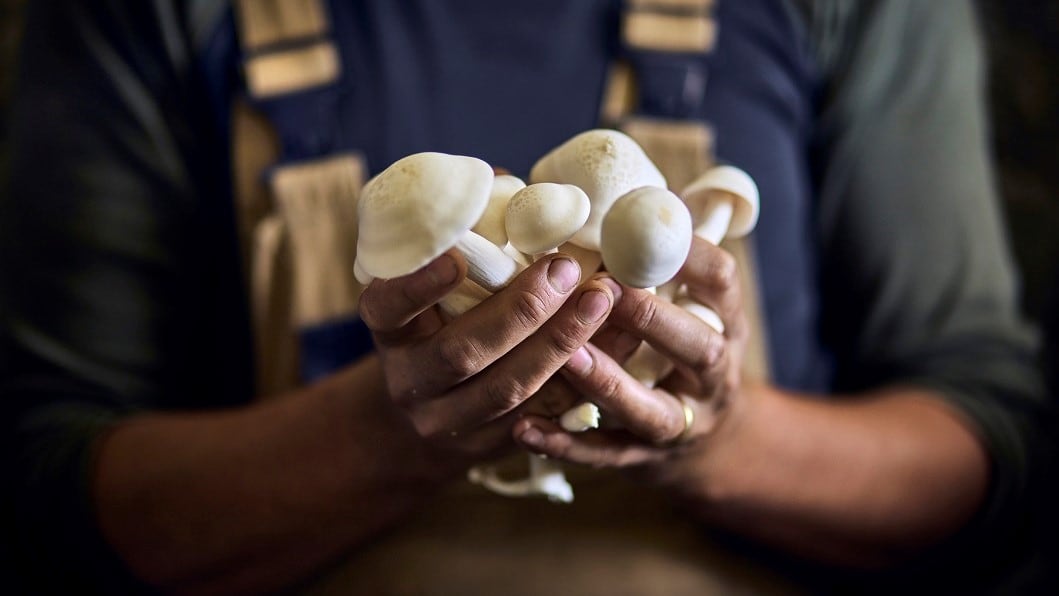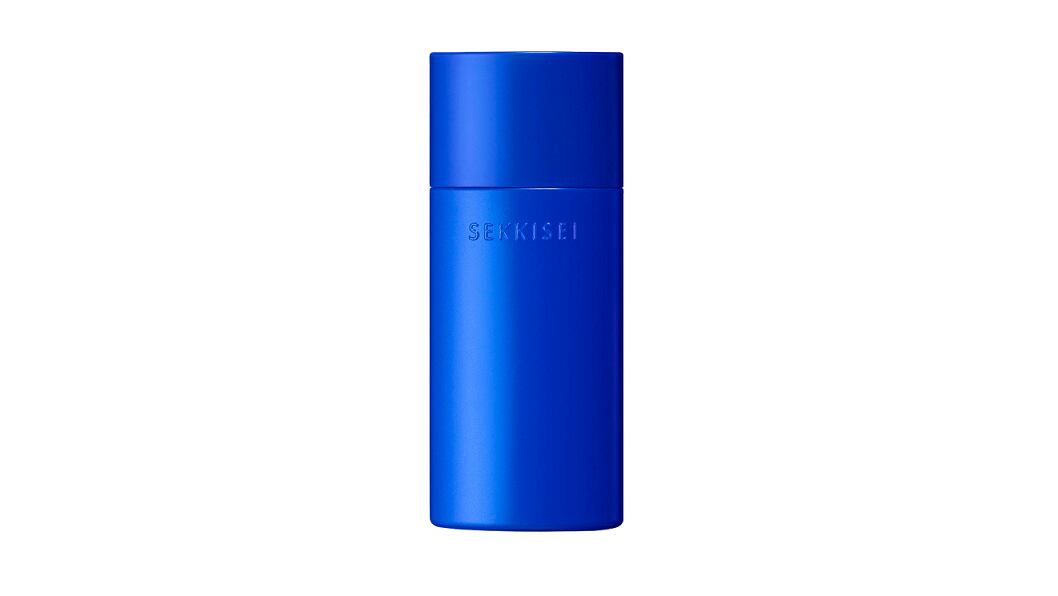Speaking exclusively to CosmeticsDesign-Asia, founder and CEO Steve Oh explained that the company’s latest innovation aimed to tackle the serious issue of greenwashing in the cosmetics industry.
He pointed out that current paper bottles or tubes available in the market require the use of polyethylene (PE) liners and films.
“Conventional paper packaging, which has been claimed by several brands, either have a PE liner –basically a plastic bottle covered with paper – or paper coated with a thin film, which makes the paper unrecyclable.”
Oh is the creator of the Innerbottle system, which was developed to solve the problem of residue waste in cosmetic products with special balloon-like insert made from thermoplastic elastomer (TPE).
This ‘innerbottle’ ensures that the outer shell remains clean and ready for recycling, leaving no more than 0.5% of residue, claims the firm.
‘Completely recyclable’
With the innerbottle system, the South Korea start-up was able to develop True Pulp, a 100% recyclable paper packaging system, without the need for any aforementioned liners or film.
Additionally, the innerbottle insert does not attach to the paper shell with any adhesives, making it easy for consumers to disassemble the packaging and recycle each component accordingly.
Compared to conventional plastic packaging, the True Pulp system uses 90% less plastic, the firm claims.
However, it does contain a critical amount of plastic, namely the screw on top and the pump. The latter is a mono-material and does not contain any metal, making it recyclable with other plastics.
The company is set to launch True Pulp into the market in the third quarter of this year.
More eco, same luxury feel
According to the firm, the paper component can be made out of virgin paper and even paper recycled from newspapers or discarded cardboard boxes.
Furthermore, Oh expressed confidence that True Pulp could provide beauty consumers with “the same quality and luxurious feel”, despite being made from paper.
He highlighted that cosmetic companies will be able to print labels directly on the paper packaging and retain a premium feel, and the firm would be able to produce a plethora of packaging shapes.
“We will be able to basically realise every kind of shape that conventional cosmetic packaging has.”
The company is targeting mid-range beauty brands and above, noting that the cost of True Pulp compared to conventional airless containers were “very competitive”.
“We are confident that we can squeeze into the market,” said Oh.
The company has already had conversations with beauty brands and the feedback for True Pulp has been encouraging so far, Oh added.
In addition to the development of True Pulp, Innerbottle has been developing a way to fill the innerbottle insert with conventional filling machines.
Previously, brands would be required to purchase a special filling machine from the company, which was a major hurdle to adoption.





